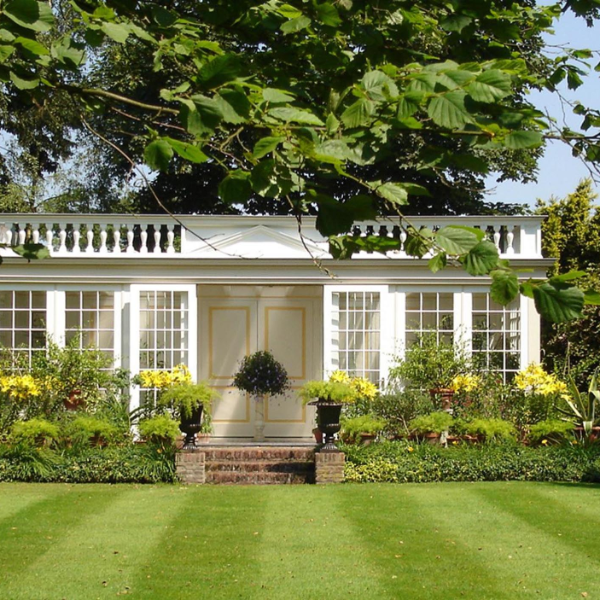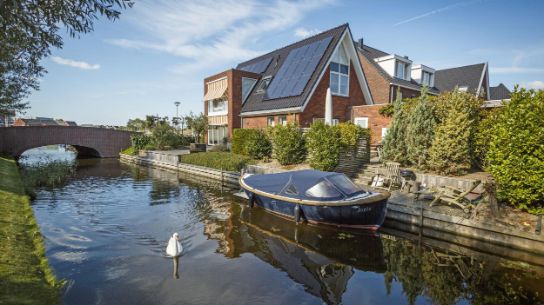Benefits of conservation historic country estates

Benefits of conservation historic country estates
For complex historical estates, which consist of a unique ensemble of monumental buildings and monumental nature, it has been laid down by law that they are of such social significance that they must be preserved for current and future generations. The costs of conservation are borne primarily by the estate owners, and partly by the government through tax deductions, subsidies and loan facilities. Witteveen+Bos examined the relationship between the social benefits of conservation and the costs involved.
The aim was to gain an understanding of the scale of the societal benefits and their distribution among the estate owners and other parties. This provides a basis for substantiating the level of contributions to conservation costs for each party.
Witteveen+Bos prepared a SCBA for each province and calculated the societal costs and benefits of conserving historic country estates. The benefits relate to residential enjoyment, recreational experience and recreational exploitaition, and the resulting employment opportunities. The cost-benefit calculations were made per province and for all benefit items it was investigated which parties would benefit from them.
The study shows that the social benefits of preserving complex historic country houses exceed the preservation costs. The benefit-cost ratio is estimated at around three: every euro invested in conservation yields three euros in benefits to society.
More information?

Our projects
Every year we work on almost 5,000 projects on water, infrastructure, environment and construction.
